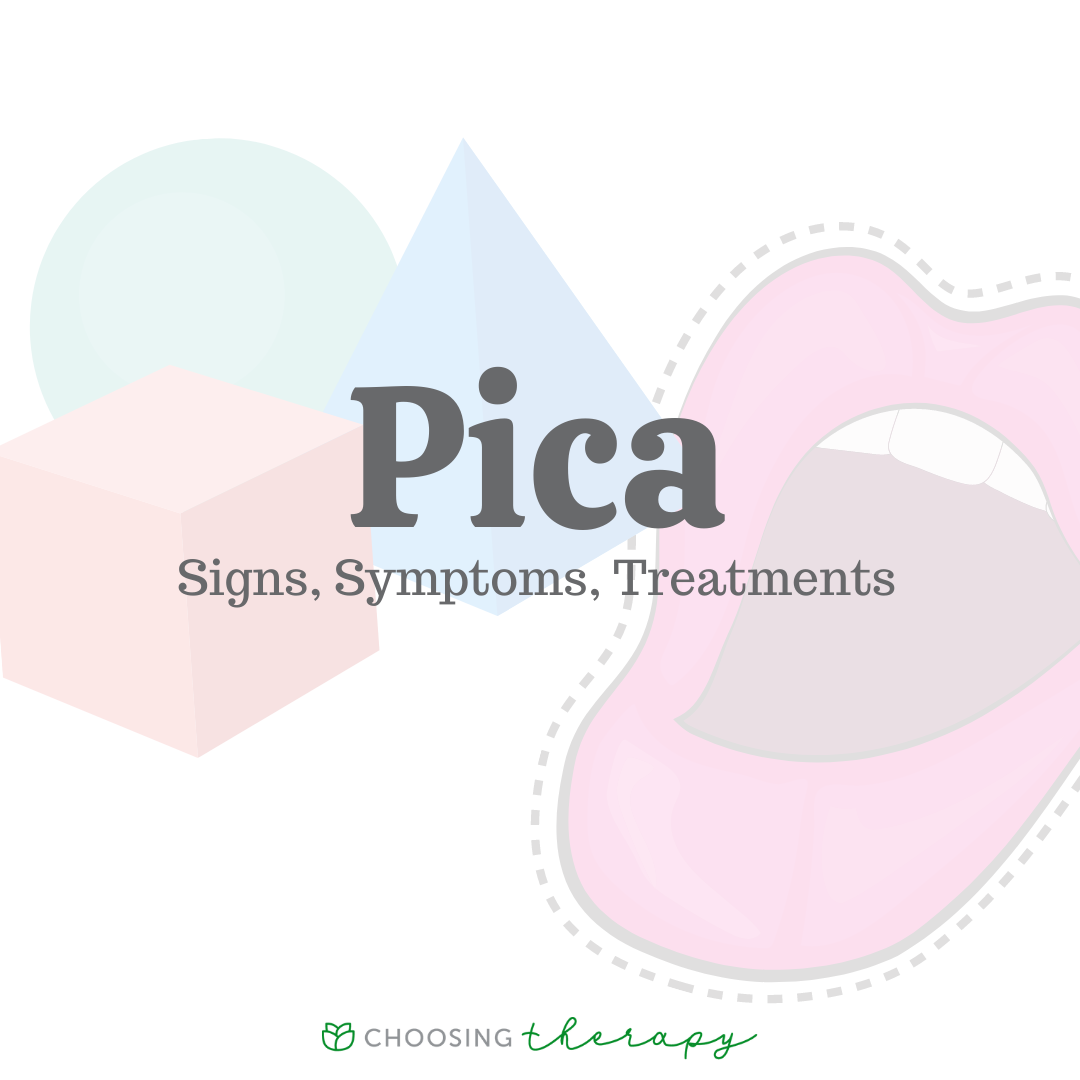

This gets parents involved in helping and supporting their teens as they try to recover. Family therapy: Family therapy can be extremely beneficial for families with teens who have any type of disordered eating.A common approach is cognitive-behavioral therapy (CBT), which can aid in making healthy changes to thinking and behavior. Psychotherapy: Psychotherapy is a method many pursue to treat these disorders.A certified nutritionist can help address these issues and even come up with meal plans. Nutrition counseling: People with these conditions need to be aware of healthy changes they can make to their eating patterns or habits.Here’re a few ways in which you can start your road to recovery: This means accepting that you have a problem and working towards addressing the unhealthy patterns, mindsets, and behaviors. Treating these conditions is a complicated process that starts with identifying the issue. Use of medications for weight loss: People with some of these ailments may resort to unhealthy measures for weight loss, such as using diuretics, laxatives, and/or diet pills.Unusual changes in exercise habits: Another potential warning sign of some of these conditions is displaying obsessive tendencies related to exercise, such as suddenly spending hours and hours on a regimen and getting upset if it’s disrupted they may also think obsessively about the number of calories burnt.Wearing baggy clothes to hide one’s actual weight can also be a sign of certain EDs. They may also be consumed with comparing themselves to celebrities with supposedly perfect bodies. Fixation on body image: A person who spends significant amounts of time looking in the mirror trying to find flaws in their body and making negative comments about themselves may be suffering from an ED.People with certain EDs may obsess over calories, fat content, or extreme dieting. Compulsive focus on nutritional content: It’s good to be conscious of the nutritional value of the foods we eat, but it shouldn’t be taken to the point of an obsession.

Chewing food excessively and for long durations.Consuming an excessive amount of fluids to suppress hunger.Developing a sudden dislike for foods they used to enjoy.Refraining from eating with family or friends.Unusual eating patterns: A person with an ED may display certain abnormal eating patterns, such as:.Even a person with a healthy body weight can have an ED. A person at less than 85% of their ideal body weight who has other related symptoms may be diagnosed with anorexia nervosa, for example, but being underweight or overweight isn’t definitive criteria for having an ED. Fluctuations in body weight: This is often the chief warning sign of an eating disorder.Though signs and symptoms of EDs vary based on the type of illness, there are few things you can look out for:


 0 kommentar(er)
0 kommentar(er)
